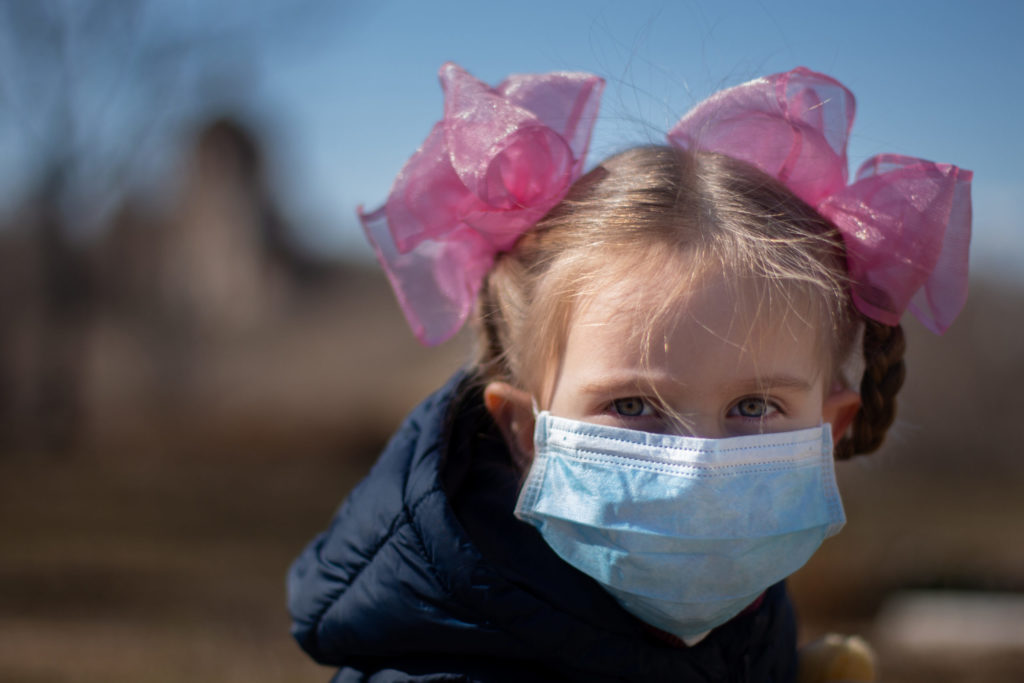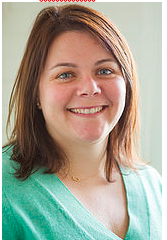Opinion: School Decisions Are Failing Our Children, Our Community, and Our Women

Photo: Fingerlakes Daily News. Creative Commons

In early August, the Amherst Regional School Committee voted on a back-to-school plan that had our youngest and most vulnerable students returning to in-person learning starting September 16, with others phasing in over several months. Staff, teachers, and families who needed to remain remote could do so. The approach was conservative but well-reasoned and based in science. In mid-August the teacher and staff union came forward with their own proposed plan that delayed in-person school unless case numbers in Western Mass. were effectively zero or a vaccine was 100% administered. It was stated publicly on social media that this was their starting point for negotiation, and so began several weeks of closed-door sessions with parents and caregivers left in the dark. What we ended with was a meet-in-the-middle approach, with in-person school slated to begin the phasing process October 1st.
Several months later, we are facing a situation where — without a course correction — most learners in our public schools won’t see the inside of a school building this year. After a quiet summer with few COVID-19 cases in our area, the UMass cluster at the end of September tripped our negotiated metrics and delayed in-person start by two weeks. Although extremely disappointing, this seemed reasonable to most people since we were unsure what impact this outbreak could have. However, by the October 6, School Committee meeting the interim Amherst Health Director painted a pretty clear picture that the UMass cases were not causing any community spread — good news for our community and our students.
Our youngest and most vulnerable students started in-person learning October 16, with reports of happy tears from teachers and staff at how wonderful it was to have children in the buildings. Parents and caregivers were overjoyed — many noting that this is the happiest they have seen their child in months. Yet by October 19, our region had tripped the metrics agreed upon in August – mostly due it seems to cases in the Springfield region — and so it was announced on October 20, that students could finish out this week before being sent back to remote learning October 26, restarting the phasing process all over again. The note from Superintendent [Mike] Morris made clear that this was not caused by increased cases in our immediate community of Amherst, Leverett, Shutesbury, and Pelham. I could practically feel the collective despair ripple through our community as I read this news alone at my computer, despair that was voiced later that evening in public comments made during the School Committee meeting.
We have negotiated ourselves into a situation that restarts the entire phased process on arbitrary numbers. Our negotiated approach does not allow for community-wide discussion, nuance, and the latest understanding of this complicated virus. Countless studies have shown that remote learning is not a substitute for in-person school, particularly for young learners and those needing extra support, and that the longer we continue in a virtual-only world the more we deepen the inequalities that already exist in our education system and society as a whole. Additionally, education is not the only benefit of school – social-emotional development, meals, and a safe place to be while parents work are all extremely important functions of public education integral to a well-functioning community. Finally, studies out just this week show that schools have not proven to be the super-spreaders we thought they might be in early August. Countries like Canada and Ireland, which are both facing increased cases of COVID-19, have vowed to close schools as a last resort this time around given the holistic benefit they have to their children and communities.
The parents and caregivers in our community are not ok, particularly women. The support systems that made it possible for us to work outside the home were already inadequate but are now crumbling around us. The September 2020 Employment Situation Summary showed that over 850,000 women had dropped out of the job force. This is 4 times the number of men who left the job force that same month and on top of an economic crisis that has already caused job loss among women, and especially Black and Hispanic women, at rates not seen since the Bureau of Labor Statistics started reporting data by gender in 1948. Additionally, virtual learning assumes that an adult will at minimum be home to offer tech support, but a report from early September clarifies that the number of people who can actually work from home is quite low – just 26%, 19%, and 9% of white, Hispanic, and Black workers, respectively. Many families simply can’t afford to miss work to oversee school.
This will impact our economy for years to come. Nationally, women taking on more responsibilities at home and dropping out of the work force will only increase the gender-pay gap and unwind years of slow progress towards more gender diversity in leadership roles. At the local level, Dr. Morris is already sounding the alarm that reduced enrollment in our schools now will have huge impacts on our fiscal year 2022 school budget. While data are still being collected, it is pretty clear this drop is due directly to our remote school situation.
For the holistic health of our community, we need to reevaluate this negotiation and the real impact it has. While sound on paper and negotiated in good faith, we have already seen that it does not work in practice. On Thursday October 22nd 81 families submitted a letter to the school committee in support of deferring decisions to our local health director who can give a better sense of whether case numbers in our area could result in increased risks in our schools. This could result in us staying open when case numbers are above the threshold or perhaps even going remote if they are below the threshold but the local situation deems more caution. Teachers, staff and administrators have enough on their plates already – let’s let the experts make the health decisions based on the most up-to-date science and understanding of community spread. This is not something that can be negotiated behind closed doors and applied without context. While we will be dealing with the fallout for years to come, we can make choices now to reduce the impact.
Laura Draucker is an Amherst resident and parent of a Wildwood 2nd grader.
